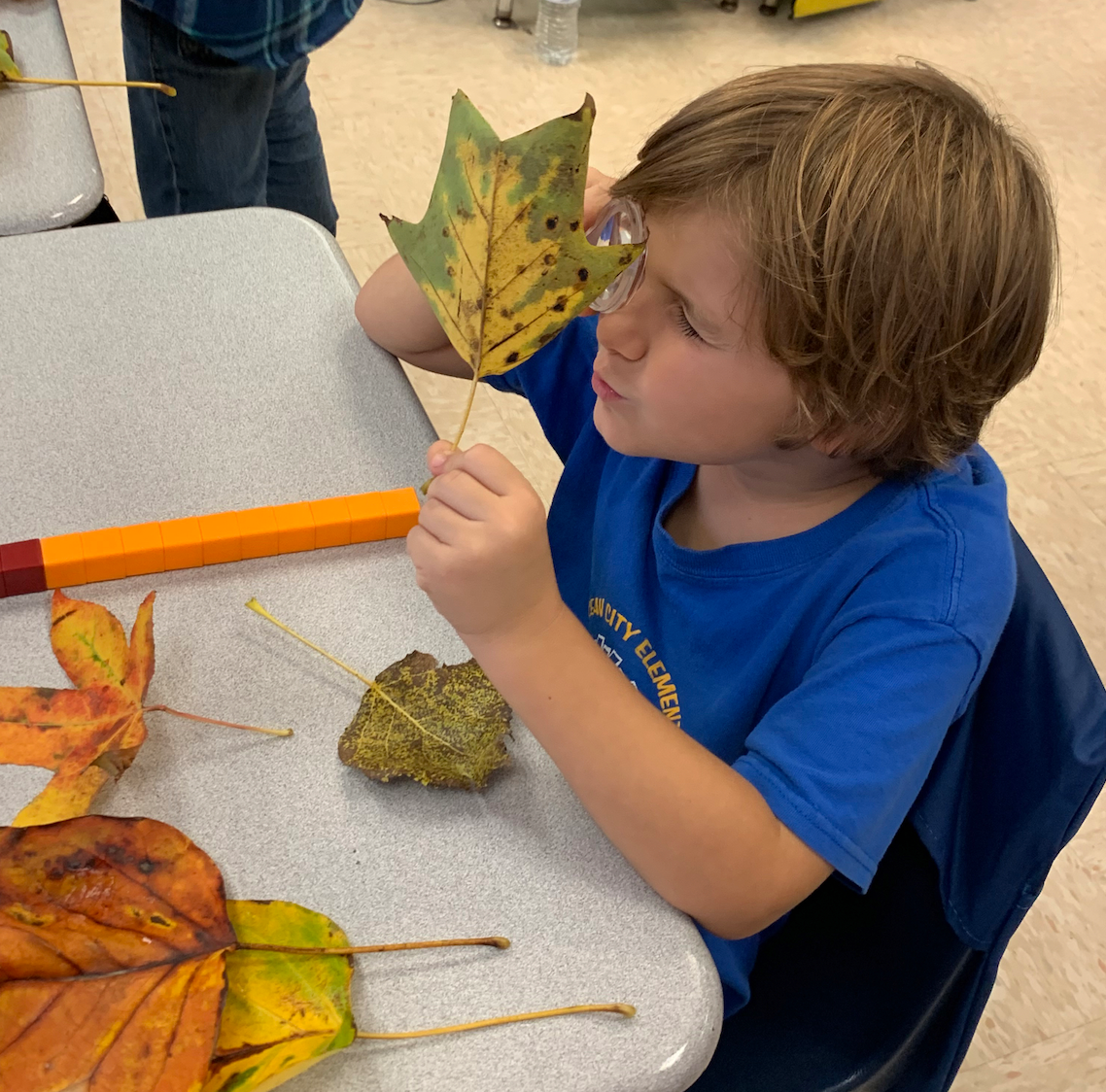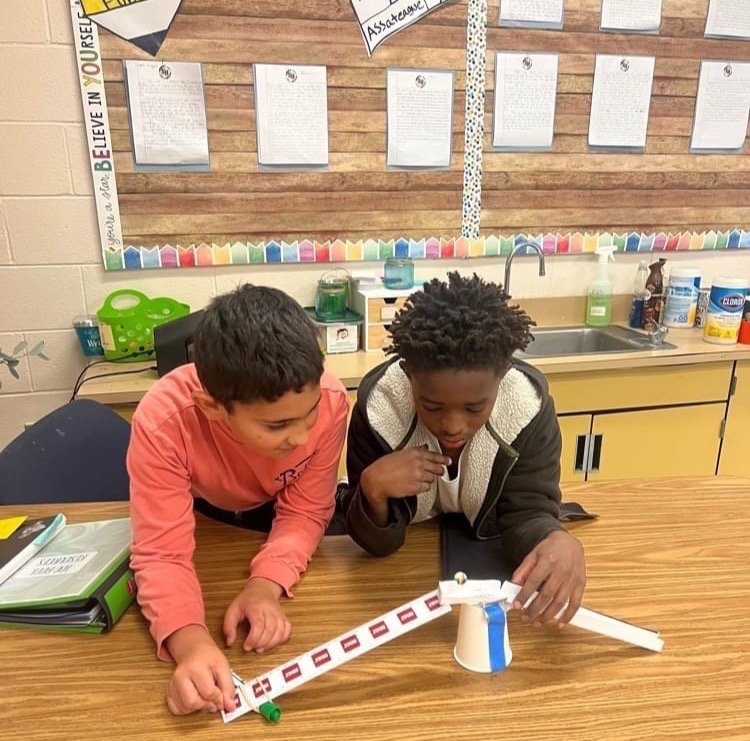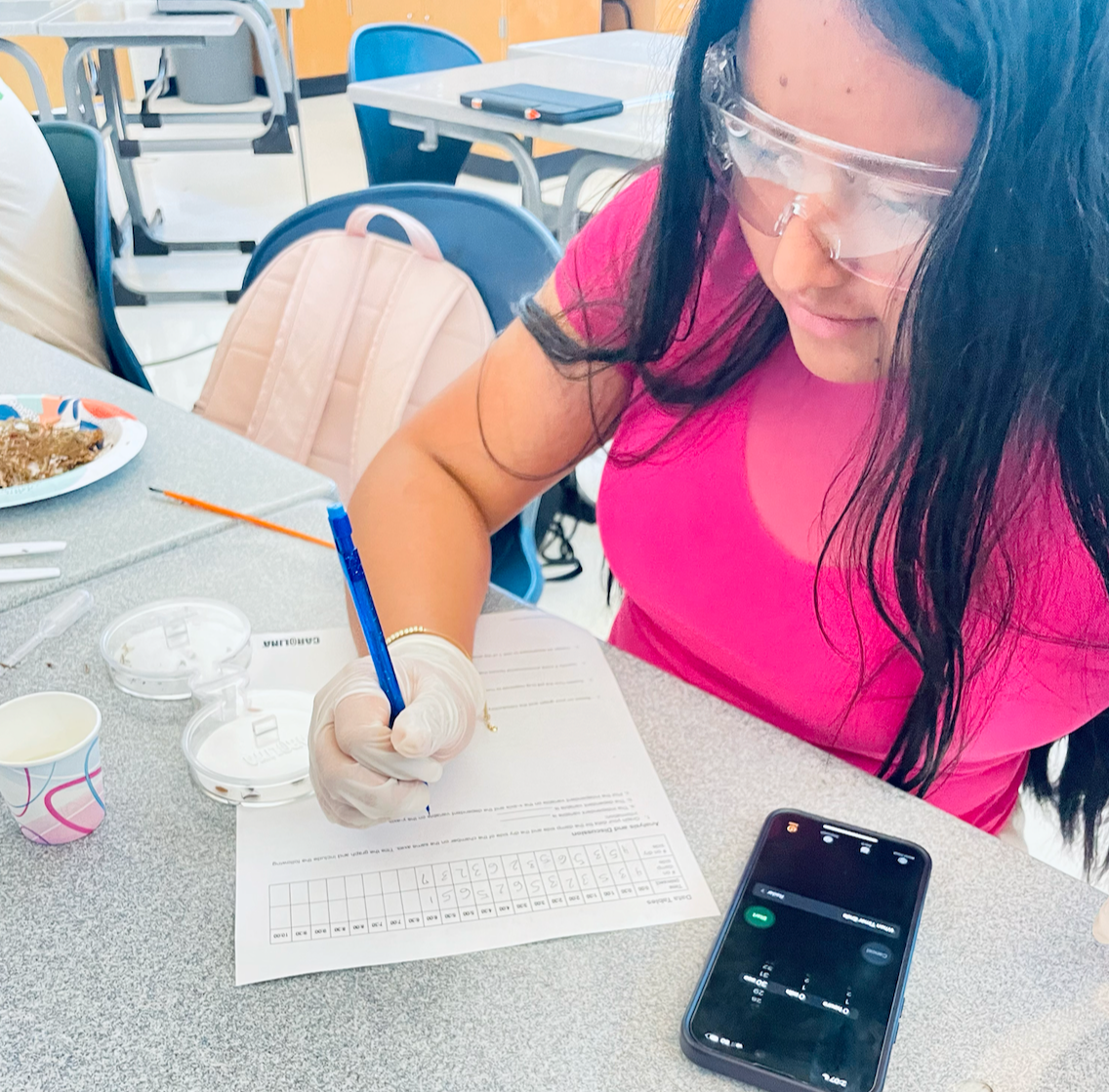Worcester County Public Schools is committed to offering a comprehensive science education that prepares students for the opportunities and challenges of the 21st century. Our science curriculum is aligned with Maryland’s Next Generation Science Standards (NGSS). These standards guide us in preparing students for a lifetime of informed citizenship, workforce readiness, and a deeper understanding of the natural world. Through our curriculum, we aim to foster not only a deep understanding of scientific principles but also the skills needed for critical inquiry and problem-solving.
The NGSS is a set of ambitious, research-based standards that inform our approach to science education from kindergarten through high school. The NGSS are designed to articulate and build from grade to grade, ensuring a cohesive and spiraled learning experience. Beginning in elementary school, students are introduced to basic concepts and practices that become increasingly complex as they progress through middle and high school. This ensures that as students move through the grades, they are continually expanding on their knowledge and skills in a meaningful way.


